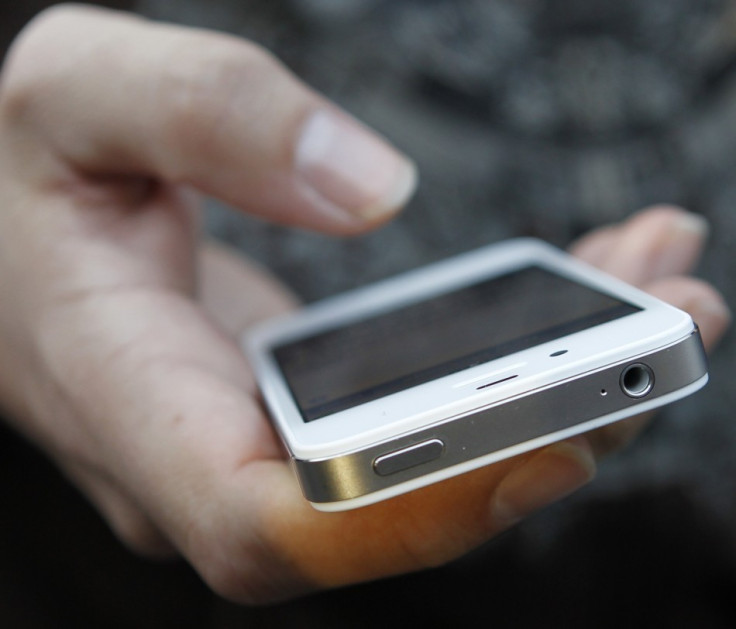Mobile Phones Not Harmful, Claims New Study

In recent years there has been a spate of studies on the health effects of mobile phones: while some said mobiles are harmful to humans, others have played down the threat. A new study now claims that mobiles are not hazardous.
Researchers from the Health Protection Agency's Independent Advisory Group on Non-ionising Radiation have found that there is still no strong evidence that mobile phone technologies could cause adverse effects on human health.
In 2003, researchers had claimed that mobile phones are hazardous to health. They said exposure to radiofrequency (RF) electromagnetic fields, which are produced by mobile phone technologies and other wireless devices, such as Wi-Fi, as well as television and radio transmitters adversely affect human health. They said use of mobile phones causes brain tumours and cancer.
The researchers also said that mobile phones could lead to infertility. But there is no strong evidence to support these theories.
"There are still limitations to the published research that preclude a definitive judgment, but the evidence overall has not demonstrated any adverse effects on human health from exposure to radiofrequency fields below internationally accepted guideline levels," said Professor Anthony Swerdlow, Chairman of Health Protection Agency's independent Advisory Group on Non-ionising Radiation, in a statement.
Researchers have found that RF field exposure below guideline levels does not cause symptoms in humans and that the presence of RF fields cannot be detected by people, including those who report being sensitive to RF fields.
As mobile phone technology has only been in widespread public use relatively recently, there is little information on risks beyond 15 years from first exposure. It is therefore important to continue to monitor the evidence, including that from national brain tumour trends. These have so far given no indication of any risk, according to the researchers.
"The HPA's position on mobile phone technologies is in line with the AGNIR's findings. There is still no convincing scientific evidence that RF field exposures from mobile phones and other radio technologies affect human health at exposure levels below internationally agreed guidelines," said Dr John Cooper, Director of the HPA's Centre for Radiation, Chemical and Environmental Hazards, in a statement.
"However, as this is a relatively new technology, the HPA will continue to advise a precautionary approach and keep the science under close review. The HPA recommends that excessive use of mobile phones by children should be discouraged and mobile phone Specific Energy Absorption Rates (SAR) values should be clearly marked in the phone sales literature," he added.
© Copyright IBTimes 2025. All rights reserved.





















